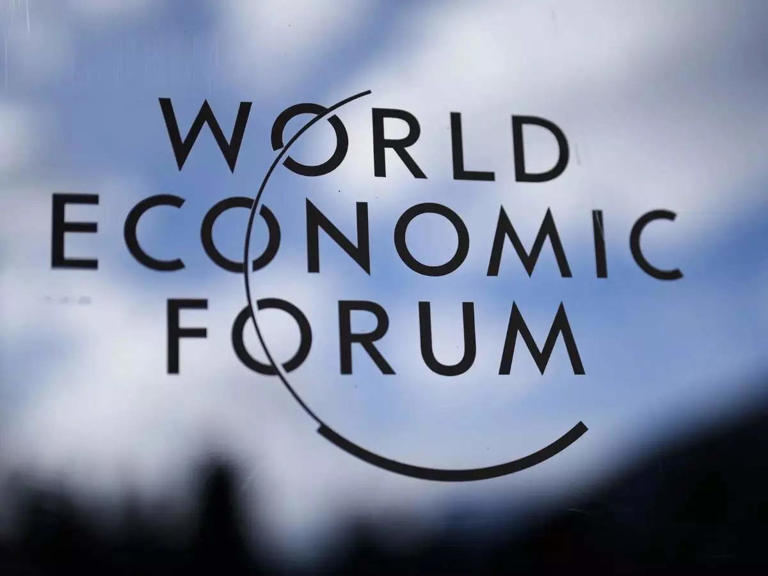33 Industrial Clusters Join WEF’s Transition Initiative
Recently, thirteen new industrial clusters from various countries have joined the World Economic Forum‘s (WEF) Transitioning Industrial Clusters initiative. This expansion brings the total to 33 clusters across 16 nations, enhancing global efforts to reduce greenhouse gas emissions while promoting economic growth.
Overview of the Initiative
- The Transitioning Industrial Clusters initiative was launched at COP26 in 2021.
- Its primary goal is to facilitate the reduction of greenhouse gas emissions while encouraging economic development and job creation.
- Participating clusters represent geographically concentrated hubs of industries and institutions.
Environmental Impact
- The 33 clusters have the potential to collectively cut 832 million tonnes of carbon dioxide-equivalent emissions annually.
- This reduction is comparable to the total emissions generated by Saudi Arabia.
- The initiative puts stress on the importance of regional collaboration in achieving substantial environmental benefits.
Economic Contributions
These industrial clusters contribute approximately $492 billion to global GDP and support around 4.3 million jobs. Their economic significance is crucial for both local and global economies, denoting the potential for sustainable growth through clean energy initiatives.
New Additions to the Initiative
The thirteen new clusters include notable entries from India, Australia, Thailand, and various European and South American locations. Key clusters include:
- Cartagena Industrial Cluster (Colombia): Focused on clean hydrogen production.
- Gopalpur Industrial Park (India): Attracting investments in green energy.
- Hunter Region (Australia): Supporting the transition to sustainable energy.
- Jubail Industrial City (Saudi Arabia): Minimising carbon emissions through industry synergy.
- Kerala Green Hydrogen Valley (India): Central to hydrogen-powered transport initiatives.
- Port of Rotterdam (Netherlands): Leading in green hydrogen production.
Report
A report titled “Unleashing the Full Potential of Industrial Clusters – Infrastructure Solutions for Clean Energies” was developed with Accenture and EPRI. It outlines strategies for scaling clean energy production and emphasises the importance of digital innovation and port-based ecosystems in supporting the energy transition.
Collaboration and Technology
Experts stress the need for collaboration among businesses and public institutions. The adoption of digital technologies is deemed essential for accelerating the deployment of net-zero infrastructure. This collaborative approach is crucial for aligning stakeholders and securing funding for clean energy transitions.
Future Goals
The initiative aims to create sustainable economies by encouraging partnerships and aligning regulatory strategies. By focusing on economic growth, job creation, and CO2 reductions, the initiative seeks to transition industrial clusters towards net-zero economies effectively.
Global Engagement
The WEF’s Annual Meeting 2025 in Davos-Klosters serves as a platform for global leaders to discuss themes related to sustainable growth and partnerships. The gathering aims to explore collaborative efforts to safeguard the planet while rebuilding trust among stakeholders.
Month: Current Affairs - January, 2025
Category: Environment Current Affairs








